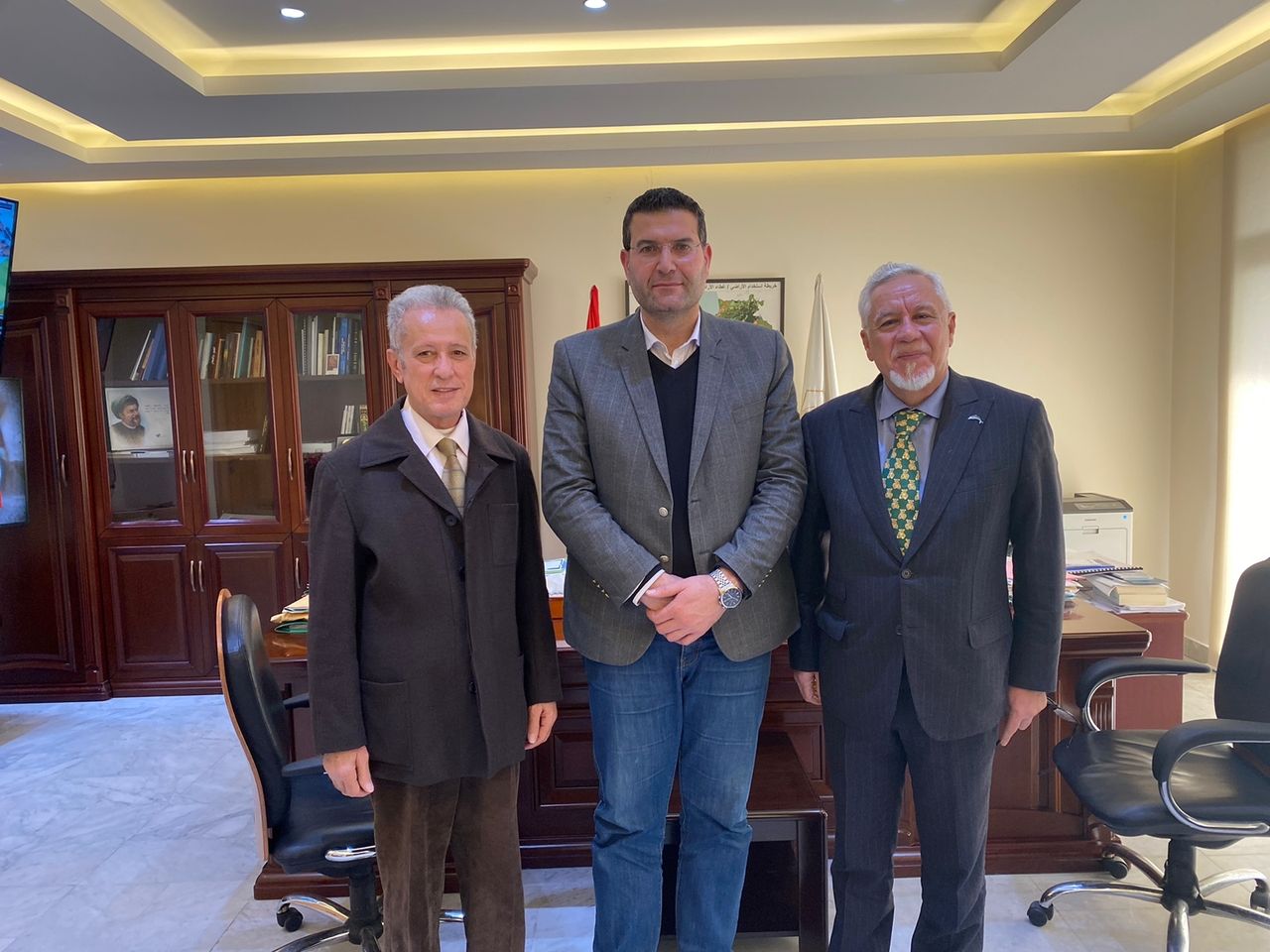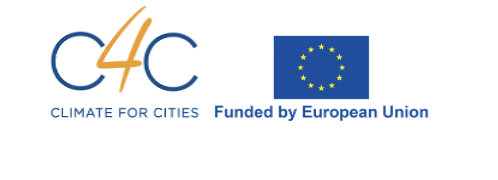
Environmental organizations meets the Minister of Agriculture, Abbas Hajj Hassan
The Minister of Agriculture in the caretaker government, Dr. Abbas Hajj Hassan, met with a delegation that included the Director General of the Society for the Protection of Nature in Lebanon (SPNL), and Birdlife International Global Councillor, Asaad Sarhal, the head of the Lebanese Environment Forum (LEF), Eng. Malek Ghandour, the professor at the Lebanese University, Dr. Imad Ghamloush, and Ali Hajj from the Mount Lebanon Hima Center in Kayfoun.
During the meeting, the delegates presented the efforts made by SPNL and LEF at the level of implementing development projects, preserving the environment, promoting the concept of Hima, and consolidating its role in maintaining a balance between people’s needs and protecting nature.
During the meeting, the delegates presented the consultative track that is being implemented in the context of the project “Blue Green Economy – Hima for Peace, Combating Climate Change and Preserving Biodiversity.”
Minister Hajj Hassan is scheduled to participate in this track through his sponsorship of a consultative workshop to be held next March.
Minister Hajj Hassan praised the role of environmental organizations and their efforts to reach the 2030 Agenda and achieve the goals of sustainable development, through forestation, restoring productive capacities, improving the resilience of the ecosystem, and combating desertification and climate change.

This event was supported by (C4C) project. In line with the European Green Deal agenda and the Paris Agreement, the Climate for Cities (C4C) project aims to promote the transition towards greener and climate-resilient municipalities in the Southern Neighborhood, in line with countries’ commitments under the Paris Agreement.
C4C Lebanon will lead to (1) Implementing resource efficient and low carbon initiatives in the target municipalities, (2) Promoting green technology and behavioral changes at local level through hands-on awareness campaigns with schools, NGOs, youth, women, and households, (3) Capacity building of relevant stakeholders on green cities and natural resource management, and (4) Ensuring replication through strengthening the national framework for sub-national climate action and dissemination of lessons learned from the project and linking outcomes to Nationally Determined Contributions


